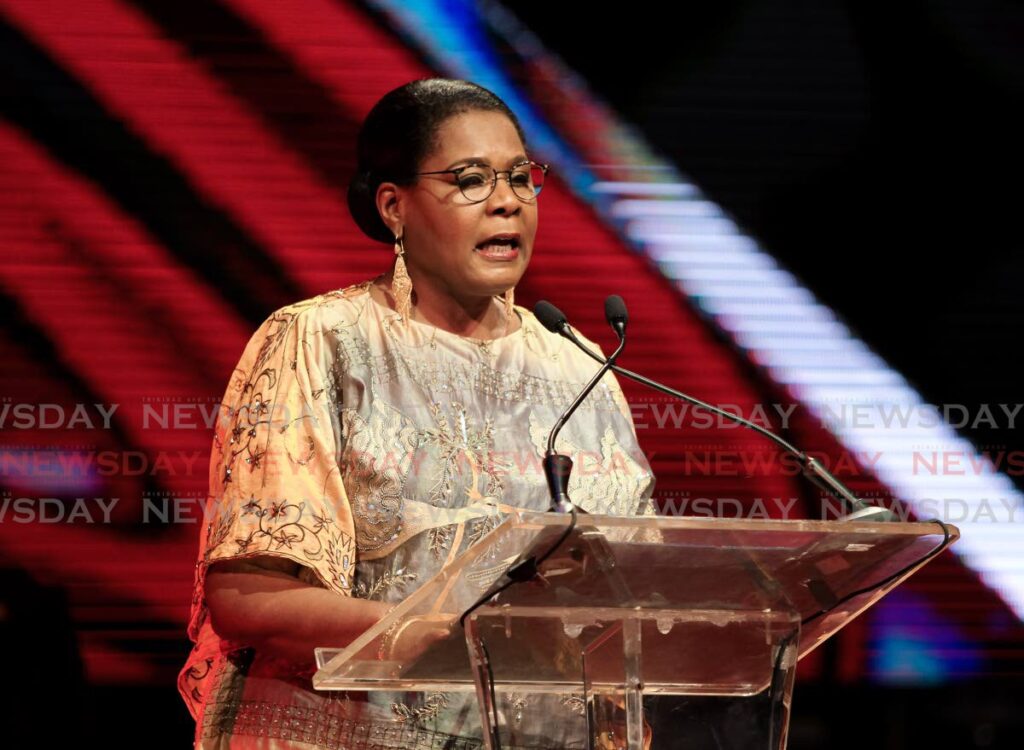Roles, functions of the President

THE EDITOR: Section 22 of the TT Constitution identifies the President as the head of state and commander-in-chief of the armed forces and section 23(1) states that “A person is qualified to be nominated for election as President if, and is not so qualified unless, he is a citizen of Trinidad and Tobago of the age of thirty-five years or upwards who at the date of his nomination has been ordinarily resident in Trinidad and Tobago for ten years immediately preceding his nomination.”
One does not need to be a doctor, lawyer or engineer.
The Office of President website outlines the roles and functions of the President – job description as it were – and reveals in no uncertain terms that the Prime Minister is more powerful than the President. This is despite the provision in section 83 of the Constitution that “The Prime Minister shall keep the President fully informed concerning the general conduct of the Government of Trinidad and Tobago and shall furnish the President with such information as he may request with respect to any particular matter relating to the Government of Trinidad and Tobago.”
What really is the President empowered to do with such information?
Notwithstanding, as a citizen who is qualified to be president by virtue of section 23(1) of the Constitution, and who can be appointed to that office by the Electoral College, I would embark on my term with the following understanding:
1. That in accordance with my oath of office, I will bear true faith and allegiance to TT and to the best of my ability preserve and defend the Constitution and the law. As such, I would strive to keep my office insulated from political influence and interference and devote myself fully to the service and well-being of (all of) the people of TT.
2. Secondly, while the position of president is not a powerful one, it is certainly an influential one. Using that influence, I would ensure that the President is accessible and visible to the average citizen, and that the office engages in advocacy to ensure that the rights and freedoms enshrined in our Constitution are upheld.
Clearly our politicians have continued to fail us since their focus is primarily on satisfying those segments of society that vote for them. Also, a society takes on the personality of its leaders, so unless there is a leader who represents what is enshrined in our Constitution, and who is the embodiment of our watchwords, motto, coat of arms, national anthem and national flag, these will all continue to be meaningless as we cascade hopelessly into becoming a failed state.
Essentially, therefore, I see the President at this critical juncture of our history as our influencer-in-chief, that leader whose most important role is to represent the needs and aspirations of all of our citizens and to advocate for equality of treatment and the fair and equitable distribution of the resources of the country to which we are all entitled under the Constitution.
Will my name be brought before the Electoral College as a nominee to be president of TT? Certainly not! Will the process for the selection of a president and the appointment of someone to hold that vaulted position really take into consideration that the officeholder is supposed to be beholden to the citizens and not the political directorate? I certainly hope so.
PHILLIP L ROBINSON
Scarborough

Comments
"Roles, functions of the President"